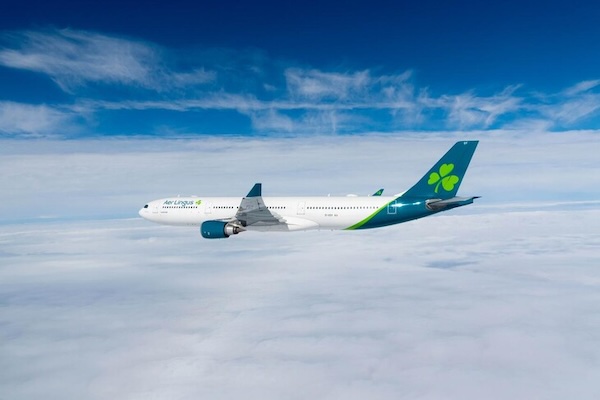The recent efforts to resolve the Aer Lingus pilots’ dispute have been a pivotal focus for Irish travel agents. With industrial action persisting, stakeholders are pushing for talks to yield a beneficial resolution.
The ongoing conflict over pay has disrupted a significant portion of Aer Lingus’s operations, prompting calls for immediate dialogue. Stakeholders emphasise the importance of prioritising customer needs and securing a swift end to the stalemate.
Background of the Dispute
The Aer Lingus pilots’ dispute has emerged as a significant issue, attracting the attention of numerous stakeholders. Initiated over pay disagreements, the conflict has escalated to industrial action, impacting a wide range of services. The situation has reached a point where the Irish Travel Agents Association (Itaa) has stepped in, urging for a resolution to mitigate further disruption to the airline’s operations.
Industrial action, including a work-to-rule strategy, has already resulted in the cancellation of 270 flights. The atmosphere between airline management and the pilots’ union is tense, with both parties holding firm grounds. The ongoing dispute poses a risk not only to the airline’s internal operations but also to the broader tourism sector in Ireland.
Recent Developments
A fresh effort to resolve the stalemate began with talks scheduled at a hotel near Dublin airport, where the Irish Airline Pilots’ Association (Ialpa) agreed to meet with Aer Lingus representatives. Despite these talks, industrial action is set to continue, underscoring the stakes involved in the negotiations.
Aer Lingus extended an invitation for discussions following a formal request from CEO Luis Gallego, who emphasised the need for meaningful dialogue. He stated that the airline aims to minimise the impact on customers, a sentiment echoed by Itaa, which desires a peaceful resolution conducive to customer interests.
Impact on Passengers
The prolonged industrial action affects approximately 44,000 passengers daily as Aer Lingus grapples with cancellations and operational adjustments. The current climate demands urgent attention to prevent further inconveniences.
Despite the challenges, Aer Lingus’ transatlantic services from Manchester airport and regional services operated by Emerald Airlines remain unaffected. This partial maintenance of service is crucial in managing customer dissatisfaction during this period.
Stakeholders’ Perspectives
Clare Dunne, Itaa’s Chief Executive, highlighted the importance of productive negotiations, encouraging both sides to approach discussions with a spirit of compromise. Her call for a respectful dialogue aims at expediting the dispute’s resolution and restoring normalcy.
Similarly, Luis Gallego has reiterated Aer Lingus’s openness to direct talks with the pilots’ association. He also noted that engaging with the Irish Labour Court remains a viable option, reinforcing the airline’s commitment to finding an amicable solution.
Economic Implications
The ongoing industrial action casts a shadow over Ireland’s tourism sector, with stakeholders expressing concern over potential long-term effects. Dermot Crowley, CEO of Dalata Hotel Group, indicated that although no immediate impact is visible, prolonged disruptions might threaten the sector’s stability.
Aer Lingus has acknowledged the broader economic stakes, urging Ialpa to consider the repercussions that continued strikes could have on the Irish economy. This appeal underscores the importance of a swift resolution not just for the airline but for the entire national tourism framework.
Aer Lingus’s Commitment to Resolution
Aer Lingus has maintained its stance on sustaining meaningful discussions with Ialpa and participating in state-mediated frameworks. The airline’s management is focused on mitigating disruptions and ensuring operational continuity as much as possible during the strike.
The commitment to dialogue is part of a broader strategy to maintain customer trust and retain market stability. Aer Lingus is determined to underscore the importance of its brand reliability amidst the ongoing industrial challenges.
Conclusion of Talks
As talks continue, there is a shared hope for a breakthrough that aligns with both pilots’ and the airline’s objectives. Stakeholders remain cautiously optimistic, understanding the critical nature of these discussions in shaping the future of the airline’s operations.
In conclusion, the resolution of the Aer Lingus pilot dispute remains a critical issue for all involved parties. The outcomes of these talks are crucial for restoring operational stability.
Finding common ground in these negotiations will not only benefit Aer Lingus but will also protect the broader interests of Ireland’s tourism industry.

